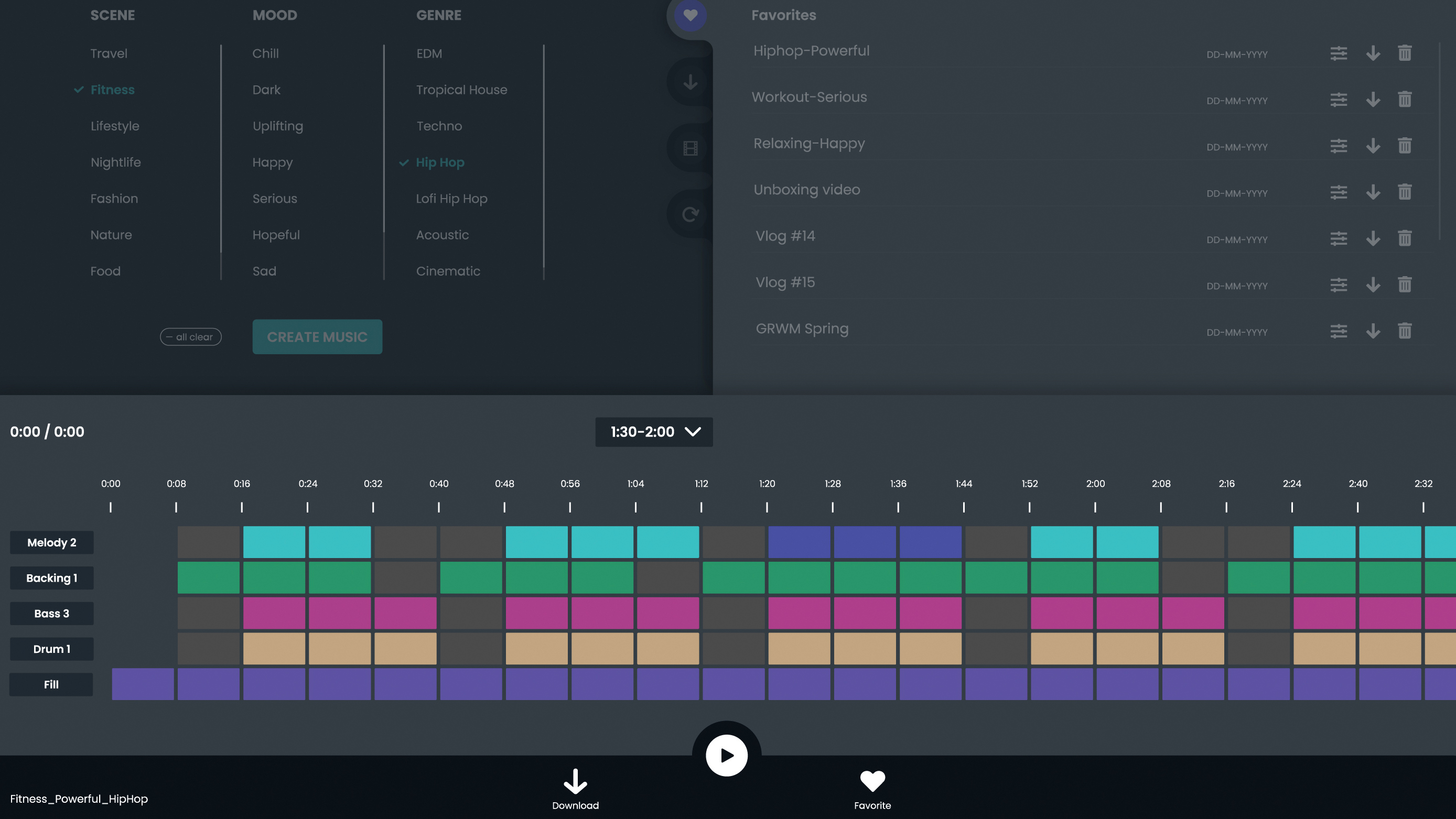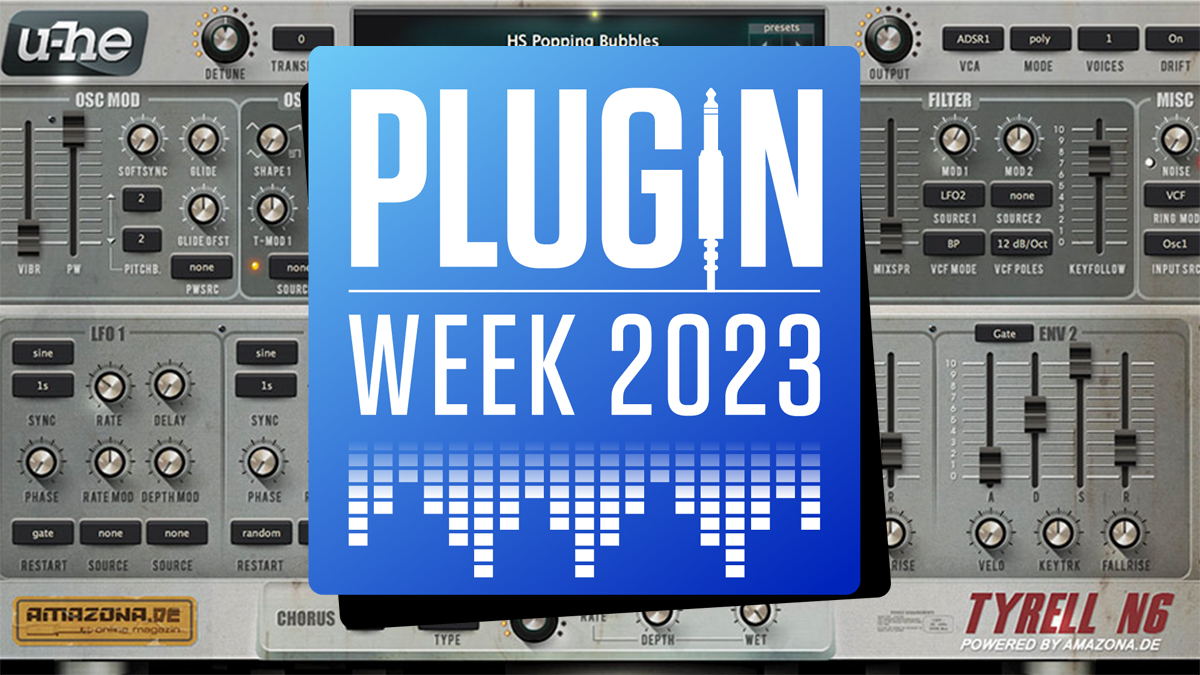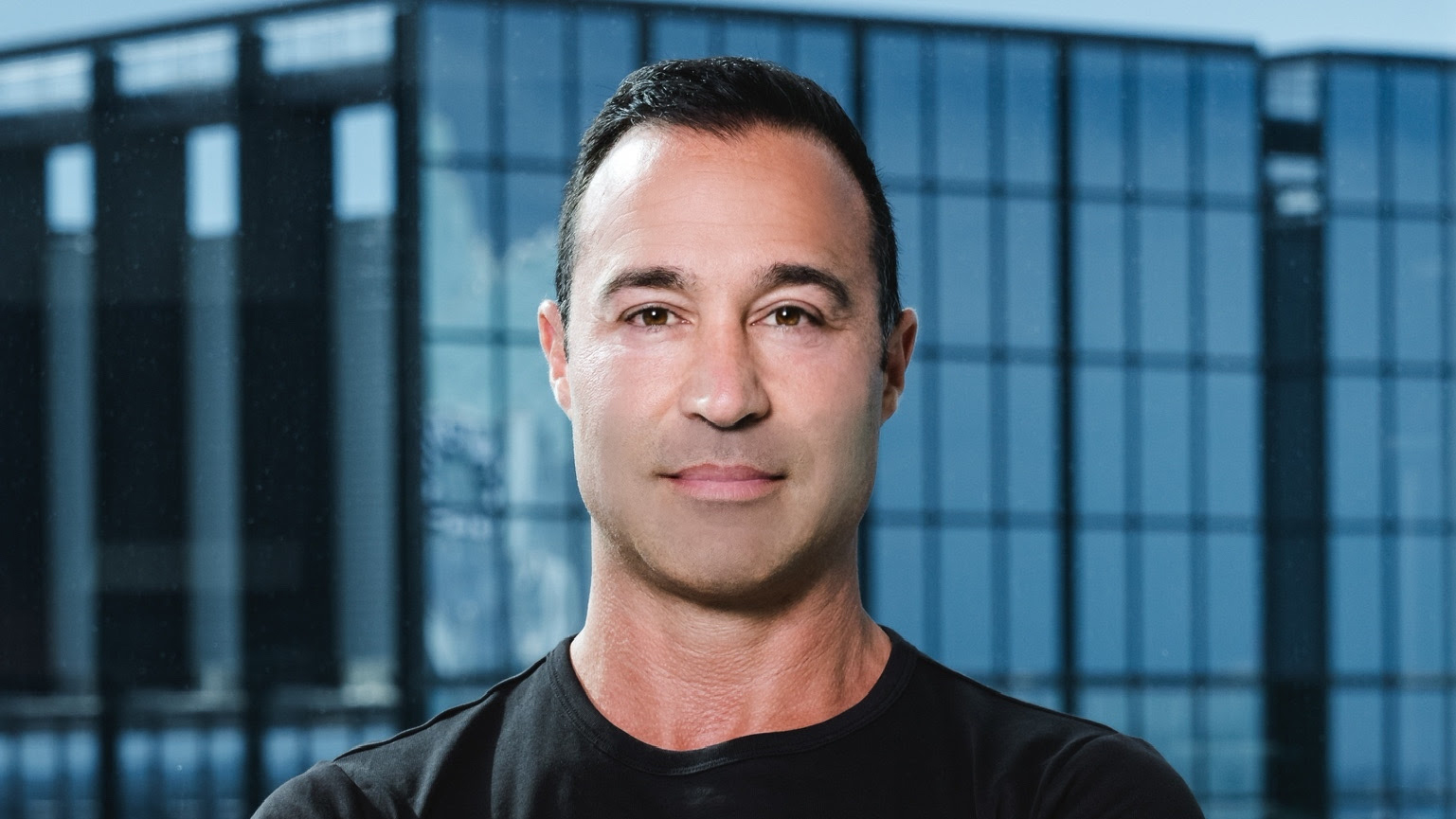
Every day, the decisions that shape the future are being made. From the most groundbreaking innovations to the most basic, time-saving ideas.
It’s a truth that is extremely apparent in the music production world, where multiple new impossible-achieving products are released on a seemingly weekly basis. But it’s true also of the world that soundtrack composers inhabit, with new tech increasingly replacing a traditional human role.
The threat of a machine-based workforce is something that we might have once smugly thought was something that concerned other industries, but we – the creatives – would never have to worry about.
Yet, with recent rapid developments in AI, services like AIVA, Amber and Ecrett Music are able to generate immaculate-sounding, royalty-free music, crafted on the spot by super-intelligent algorithms, trained to replicate some of the world’s finest composers.
Initially dismissed as merely pumping out approximations of what your average composer might quickly rustle together, accusations of AI-crafted cues sounding bland and generic are holding less water. These types of platforms are gaining a massive amount of traction with those who need to create the illusion of big-budget, glossy soundtracks when actually working to a very tight (or no) budget.

For DIY content creators, such as YouTubers, podcasters, or advertisers, having this arsenal of tracks on-tap is undeniably a positive, and an understandable investment (most require a monthly fee). Algorithmic compositional strength is increasing with each track they deliver, and have undoubtedly replaced a role once filled by a human composer.
While these kinds of technological woes might keep some awake at night, for companies like DAACI, a London-based AI company founded by musicians, AI isn’t the job-killing threat it’s often painted as. DAACI’s goal is to create a system that can generate creative options based on an input. They say that their major objective is to simplify the option-generating process that composers typically use anyway.
“It is very much working in tandem with the composer,” the company’s CEO Rachel Lyske told Audio Media International last year. “DAACI isn’t a replacement for a composer, it’s an enhancement of their process. They might choose it to replace their process but it’s certainly not replacing the composer. In reality, most commercial composers already have heaps of options to play with, and we’re just providing a similar [mechanism] for everyone else. We respect that composers do that, and we’re enhancing that approach.”
There’s also the increasing prominence of video game soundtracking (which would require its own focused feature to cover entirely!). While this medium is still working its way into mainstream acceptance, and becoming more central to the majority of people’s lives, the popularisation of the much-promised ‘Metaverse’ or fully-immersive VR content will undoubtedly require soundtrack composers to be much more focused on space, position and 360 degree considerations, way beyond the music itself.

Beyond the technological, there have been some noticeable creative trends of late. Perhaps as a response to repositories of more library and AI-driven content, the notion of the soundtrack composer as a singular artist is undergoing something of a renaissance, suggesting that at least for now, composers are safe from the threat of AI replacement.
Composer Oliver Patrice Weder says he’s particularly enamoured by the more experimental direction that many soundtracks have taken. “It’s beautiful how new talent emerges and naturally they bring new sounds and approaches to the table,” Oliver tells us. “There’s a lot of experimentation going on, Cristobal Tapia De Veer with White Lotus or Hildur Guðnadóttir with Chernobyl or Women Talking more recently.
“I observe more song-like soundtracks and sounds that aren’t typically attributed to a film score (namely, no traditional orchestra) as well as a lot of sound design within the scores. That’s not to say that the traditional scores are vanishing, there’s still plenty of it and there will always be a need for that kind of approach too.”
OIiver’s appreciation of these singular voices is echoed by composer Jonah Sirota, who, as well as sharing Oliver’s appreciation of Cristobal Tapia De Veer’s extraordinary White Lotus soundtrack, says his perception of a monolithic trend of recognisable tropes has been shook by the influx of fresh composers.
Just when it seems like things are stuck, there are always new voices
“There had seemed to be a clear ‘direction’ that scoring was heading in for a few years there – a pretty universal set of style expectations coming from the world of film. More recently, that seems to have been disrupted by an explosion of streaming content and creatively daring games, often created on a budget by young and hungry creators,” Jonah explains.
“It has blasted the doors wide open, stylistically, for what ‘soundtrack’ music can be. I love, for example, Dan Romer’s soundtrack for Station Eleven and Son Lux’s brilliant score to Everything Everywhere All At Once. Just when it seems like things are stuck, there are always new voices.”








